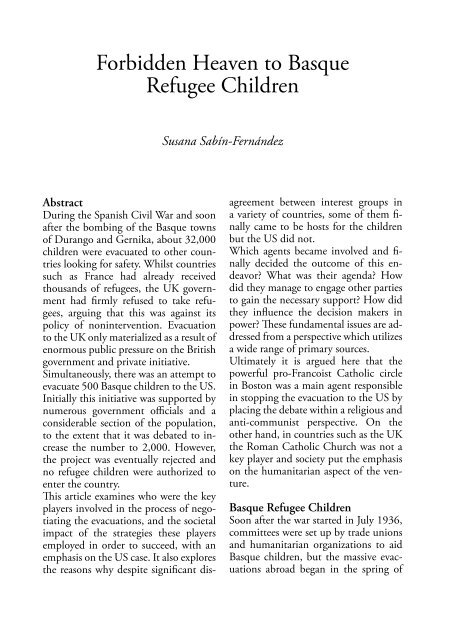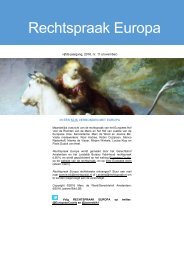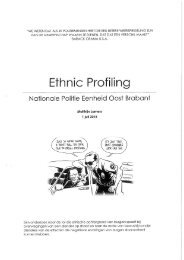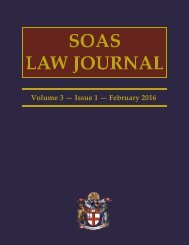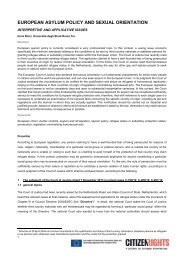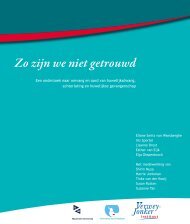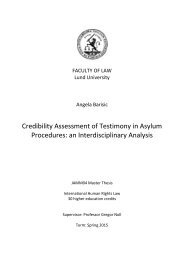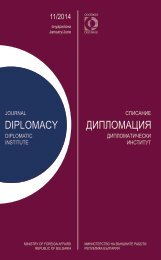AEMI
AEMI-2016-web
AEMI-2016-web
Create successful ePaper yourself
Turn your PDF publications into a flip-book with our unique Google optimized e-Paper software.
Forbidden Heaven to Basque<br />
Refugee Children<br />
Susana Sabín-Fernández<br />
Abstract<br />
During the Spanish Civil War and soon<br />
after the bombing of the Basque towns<br />
of Durango and Gernika, about 32,000<br />
children were evacuated to other countries<br />
looking for safety. Whilst countries<br />
such as France had already received<br />
thousands of refugees, the UK government<br />
had firmly refused to take refugees,<br />
arguing that this was against its<br />
policy of nonintervention. Evacuation<br />
to the UK only materialized as a result of<br />
enormous public pressure on the British<br />
government and private initiative.<br />
Simultaneously, there was an attempt to<br />
evacuate 500 Basque children to the US.<br />
Initially this initiative was supported by<br />
numerous government officials and a<br />
considerable section of the population,<br />
to the extent that it was debated to increase<br />
the number to 2,000. However,<br />
the project was eventually rejected and<br />
no refugee children were authorized to<br />
enter the country.<br />
This article examines who were the key<br />
players involved in the process of negotiating<br />
the evacuations, and the societal<br />
impact of the strategies these players<br />
employed in order to succeed, with an<br />
emphasis on the US case. It also explores<br />
the reasons why despite significant disagreement<br />
between interest groups in<br />
a variety of countries, some of them finally<br />
came to be hosts for the children<br />
but the US did not.<br />
Which agents became involved and finally<br />
decided the outcome of this endeavor?<br />
What was their agenda? How<br />
did they manage to engage other parties<br />
to gain the necessary support? How did<br />
they influence the decision makers in<br />
power? These fundamental issues are addressed<br />
from a perspective which utilizes<br />
a wide range of primary sources.<br />
Ultimately it is argued here that the<br />
powerful pro-Francoist Catholic circle<br />
in Boston was a main agent responsible<br />
in stopping the evacuation to the US by<br />
placing the debate within a religious and<br />
anti-communist perspective. On the<br />
other hand, in countries such as the UK<br />
the Roman Catholic Church was not a<br />
key player and society put the emphasis<br />
on the humanitarian aspect of the venture.<br />
Basque Refugee Children<br />
Soon after the war started in July 1936,<br />
committees were set up by trade unions<br />
and humanitarian organizations to aid<br />
Basque children, but the massive evacuations<br />
abroad began in the spring of


